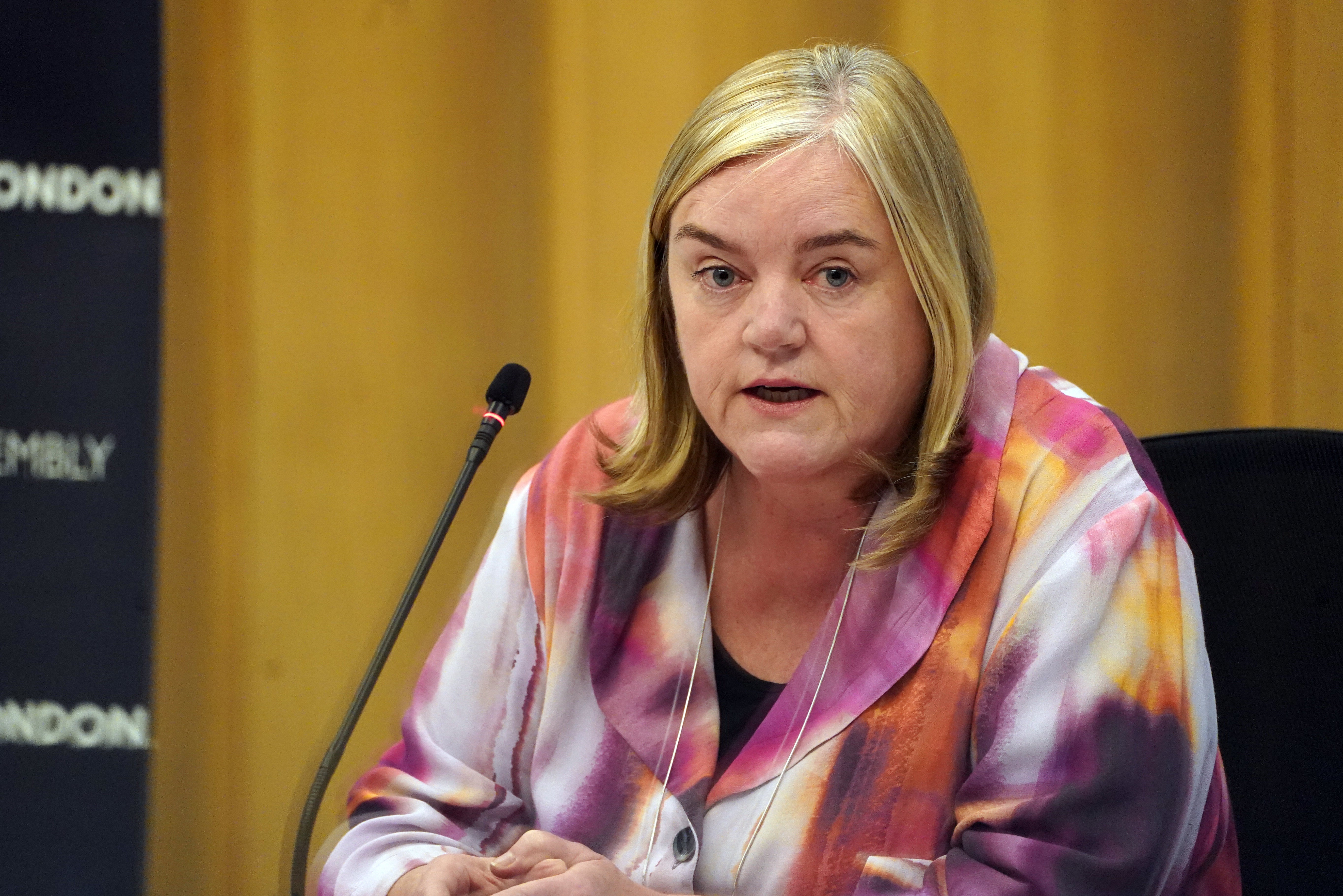Social care should be funded through a new tax with the option for people to pay a pension-style “care supplement”, a report has suggested.
The independent report from the Social Care Foundation (SCF) argued the current government-commissioned review into social care “is the country’s best bet to persuade political leaders to take that risk” on addressing how the sector is funded.
Unlike NHS care, social care is not free at the point of use and challenges of meeting high care costs have sometimes meant people have been forced to sell their homes to pay for what they need.
Labour has tasked Baroness Louise Casey with looking into adult social care and setting out the plan for how to implement a promised so-called “national care service”.
The new report, authored by former Conservative minister and current SCF chairman Damian Green, has recommended a health and care levy – possibly in the form of an extra percentage levelled on national insurance contributions, by both employees and employers – to fund social care.
The report, published on Wednesday, said: “Extra money is needed. The government can choose a collective solution through a health and care levy, and/or a more individual solution with a pension-style care supplement with insurance premiums paid either through long-term savings or a lump sum at the end of one’s working life.”

His report, which did not specify how much the new levy should be, acknowledged the idea of a further tax to pay for social care will be “politically unpopular with some groups”, but he insisted it is “absolutely imperative that it (the Casey Commission) takes the chance to set the stark facts before the public and politicians”.
The report said: “If more money is to be put into social care then it either needs to come from individuals paying for themselves, or from the general taxpayer.”
Other recommendations include taking funding responsibilities away from local councils and instead having a national care system whereby money is awarded to individuals on the basis of a standardised assessment of entitlement to care.
The report also calls for an increase in the provision of housing suitable for older people, and an “elder care commissioner” aimed at giving the sector “a strong public voice”.
Mr Green said: “The underlying message of the report is that change is not only urgent but needs to be radical.
“It will involve changing the way we fund adult care as well as the way it is commissioned and delivered.
“Workforce recruitment and retention needs significant change, as does the use of technology.
“Proper integration with the NHS is necessary if either healthcare or social care is to be delivered efficiently and with proper respect for those who need it.”
Professor Martin Green, chief executive of Care England, which represents many providers, described the report as a “route map for the long-term sustainability of social care”, and said he hoped Baroness Casey will use it “as the foundation of her policy review”.
The first cross-party talks with Baroness Casey on her review took place on Monday, with Health Secretary Wes Streeting thanking representatives of the Conservative, Liberal Democrats, Green and Reform UK parties for “putting politics aside to find a way forward”.

The first phase of the Commission’s work is expected to report in 2026, although recommendations from the initial probe will be implemented in phases over the course of 10 years.
Separately, new analysis has suggested regulation of homecare has deteriorated in the past 12 months, with around seven in 10 community social care providers either unrated or with out-of-date ratings by the watchdog.
The picture has worsened since a similar analysis by the Homecare Association last year, when the figure was six in 10.
Around 33.5 per cent of homecare providers had never been rated while 36.8 per cent had ratings that were four or more years old.
A growing inspection backlog means fewer people are able to rely on current ratings when choosing a provider for them or their loved one, Homecare Association chief executive Jane Townson said.
She said: “One year on, the picture is stark: the CQC (Care Quality Commission) is falling further behind in regulating homecare.
“People relying on care at home, their families, and councils commissioning services cannot make safe, informed choices when most providers have no current rating, and good providers are being squeezed out of the market in some places by cheap, unrated competitors.”
Chris Badger, chief inspector of adult social care at the Care Quality Commission, said: “In line with our commitment to increasing assessment numbers, the Homecare Association report echoes the need to make sure that we update the ratings of providers, minimise the number of unrated services, and give the public confidence in quality of care.
“We are grateful for their feedback and engagement as we develop our regulatory methodology to improve how we inspect homecare services. We look forward to working with the Homecare Association in the future on these improvements.”
Revolutionary new blood test for Alzheimer’s could speed up diagnosis on the NHS
British patients trial major new blood test for Alzheimer’s disease
Phillipson emerges as frontrunner in race to become Labour’s deputy leader
Labour deputy leadership candidates to make their pitch in hustings
Cos of living crisis sees household energy debt triple in 10 years
Who is running in the race to become Labour’s new deputy leader?







